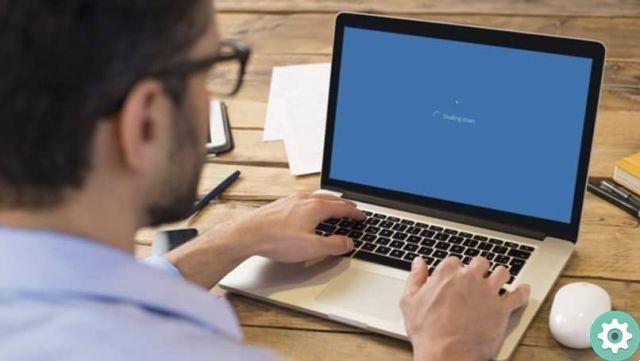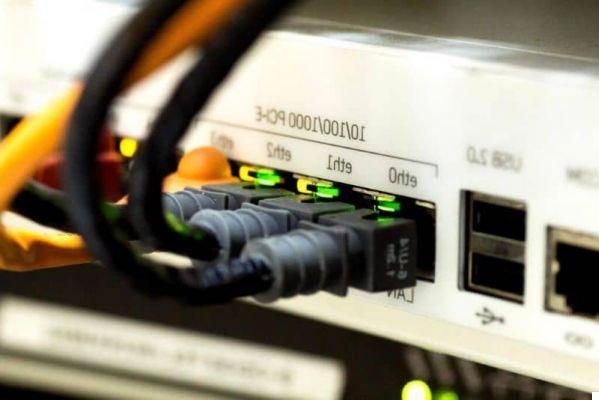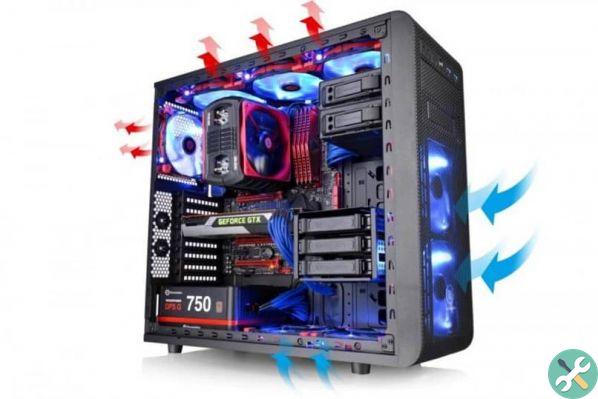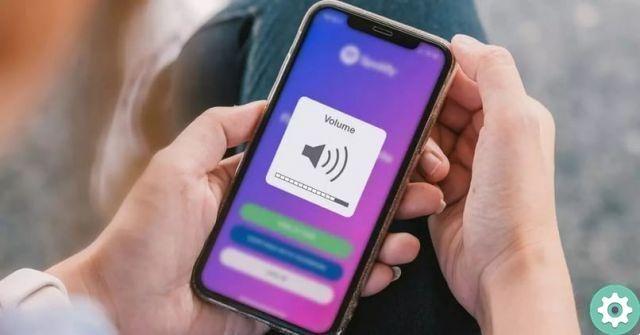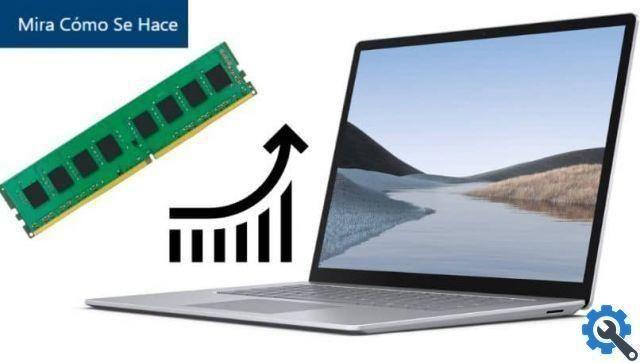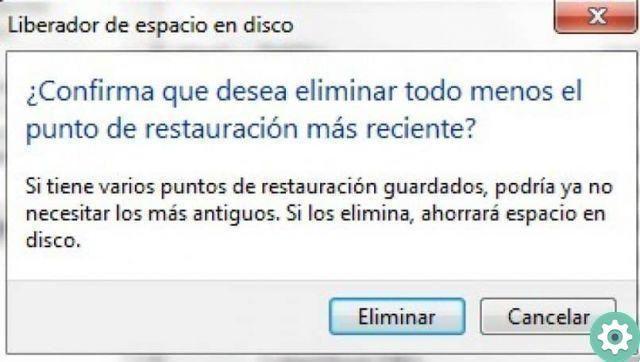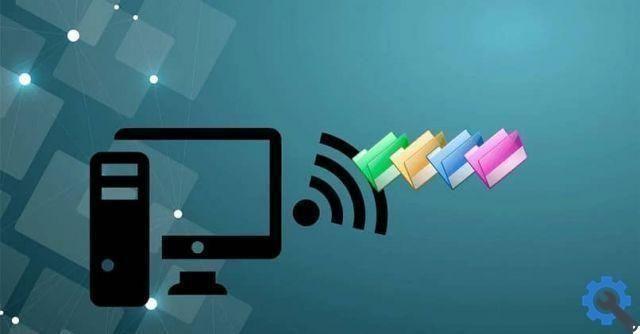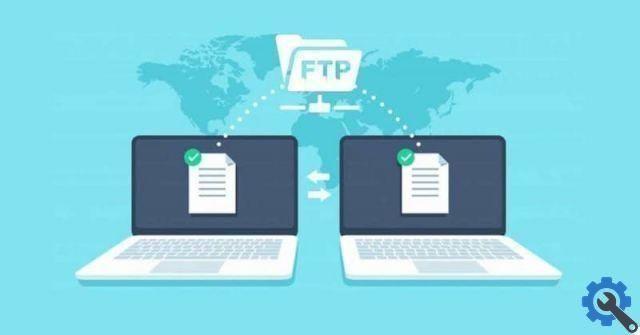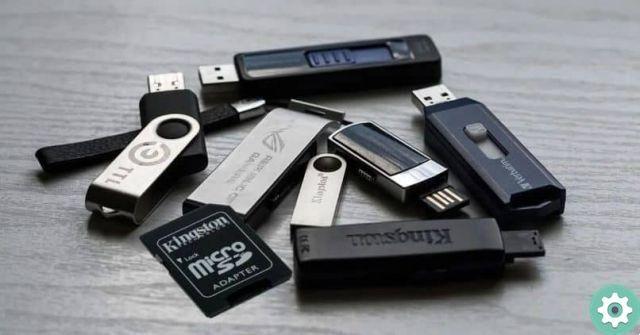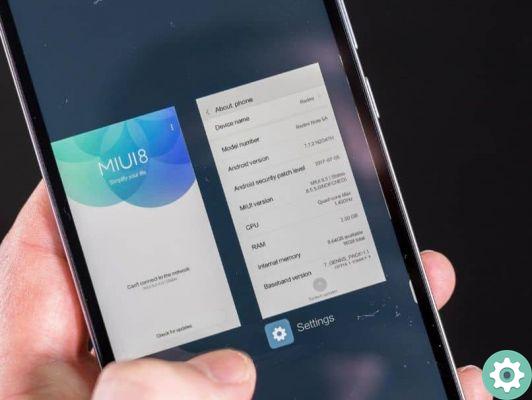Cyber attacks are the biggest and most frequent threat that users who constantly use the Internet can suffer. These attacks can be deadly to a computer and a person's personal data. That is why we need to learn what types of computer viruses are and how to protect ourselves from them when using the Internet. This post will teach you how to prevent cyber attacks? - Measures against viruses.
What are the most common cyber attacks?
To prevent cyber attacks, you need to know them first, so below we will explain which are the most popular:
- Malware: si they are programs designed to infiltrate systems and steal information.
- Virus: si it is malicious code that infects files on a system and this occurs when we open infected files or click on contaminated links.
- Worms: this software is difficult to detect because when it infects a computer it does not damage the functioning of the system. Additionally, there are several types of worms to avoid.
- Trojan: is malicious software that masquerades as legitimate files to enter computer systems undetected. When the user opens these files, the Trojan opens a backdoor for malicious programs to enter.
- Spyware: is a spy program tasked with obtaining confidential information from companies, governments or private users; This is responsible for installing programs on your computer that help cybercriminals steal information without us noticing.
- AdWare: is responsible for displaying advertising and collecting information on the tastes and preferences of users while browsing the Internet.
- Ransomware: this attack deals with hijacking your personal information and then demanding a ransom. That is, you need to make a bitcoin transfer to retrieve the information.
How to prevent cyber attacks? - Measures against viruses" src="/images/posts/0d46befbb0d36f7a4f81f696449e0ea3-0.jpg">
- Phishing: this attack consists of cybercriminals posing as certified personnel of an entity via email, calls or messages to steal passwords or bank details.
- DDoS: consists of attacking a server or infrastructure from many computers to disable a company's system.
How to prevent cyber attacks?
- Install antivirus and antimalware on your PC, tablet and smartphone and keep them updated. Some antiviruses are Norton, Panda, TOTALAV and McAfee.
- Keep your computers operating system up-to-date, as viruses take advantage of security holes to sneak into devices.
- Use a reliable browser (Safari, Google Chrome or Firefox) and keep it up to date.
- Make sure you are using the best secure VPNs for Windows to browse the web and avoid computer viruses.
- Make sure you go to official pages, as there are many pirated pages on the Internet trying to steal your personal data.
- Take care of your password, it is important not to use the same password in all online services, not to share it with third parties or to leave them saved on your computer. Create strong passwords that contain numbers, special characters, uppercase and lowercase letters and change them regularly.
- Do not share personal information with anyone even if they say they are from a technical service, remember that no entity will contact you to request confidential information by mail, calls or messages.
- Don't click suspicious links or open files from people you don't know; Cybercriminals often send interesting messages to grab the user's attention, but these are accompanied by viruses.
- Read carefully before clicking; we usually click on accept without reading the message in question.
- If you receive a spectacular offer or gift from a friend by email or social network; but to get more details on that prize you need to open a file or link, contact your friend in advance through a different way to make sure it's not a hoax.
- Download applications, software, movies, music or other files from trusted websites; also don't download anything you find on the net.
- Email is the most common means used by cybercriminals to deceive their victims; Therefore, do not open emails from unknown people or answer suspicious surveys.
- Never post personal information on your social networks.
- Be cautious and use common sense ; do not open links or files for emotion to think before acting.
- In social networks, don't accept requests from people you don't know as they may be fake profiles.
- Make frequent backup copies of your data.
- Keep your USB memory clean, as it tends to get quickly infected with any virus.
How to prevent cyber attacks? - Measures against viruses" src="/images/posts/0d46befbb0d36f7a4f81f696449e0ea3-1.jpg">
Cyber attacks are frequent and can be suffered by anyone. That's why it helps protect your device with Windows security in just a few steps. Also, follow the steps outlined in this article to avoid falling victim to malicious people lurking on the Internet.





